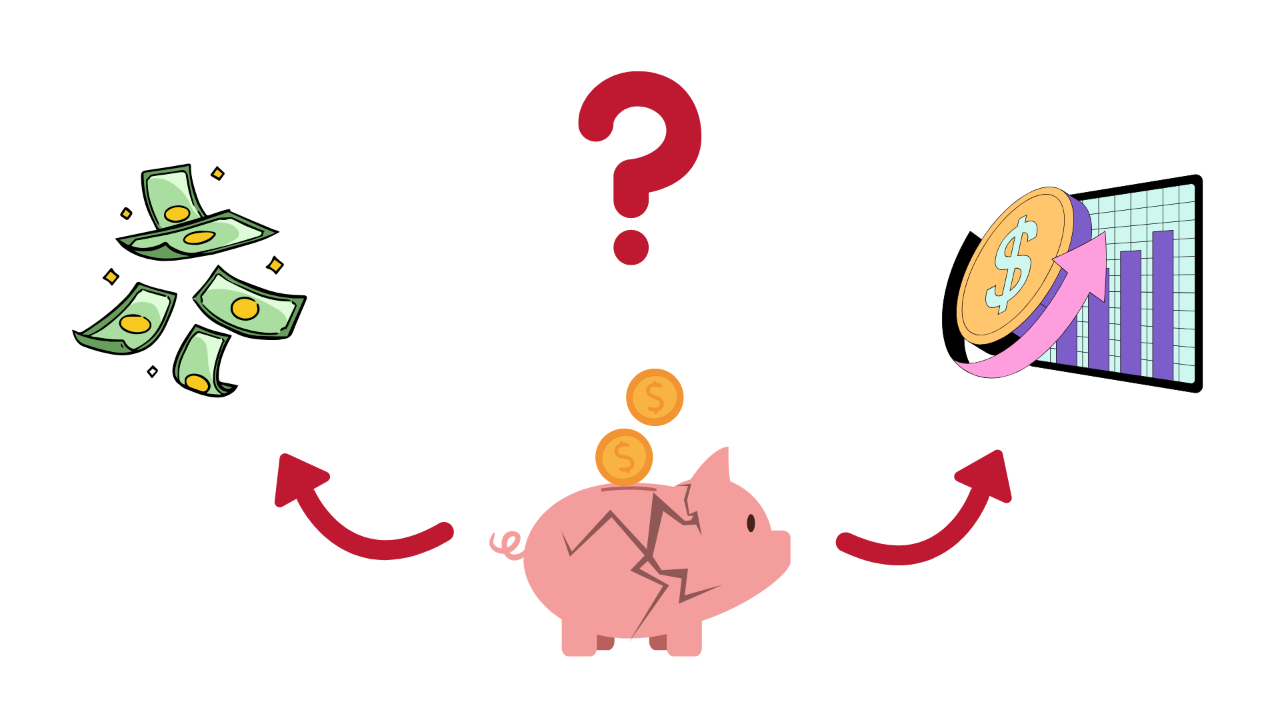
TSI #1: Why the Central Banks are creating a Stock Market crash
Jun 18, 2022The S&P 500 Index fell below the 20% on June 13.
This means we are now officially in a bear market.
A bear market is a term used by Wall Street when an index like the S&P 500, the Dow Jones Industrial Average, or even an individual stock, has fallen 20% or more from a recent high for a sustained period of time.
The current bear market is now 166 days old: the last time the S&P 500 entered a bear market was in March 2020 (but it only lasted 33 days).
How did we arrive to this situation?
In 2020, the Federal Reserve (FED) and their chairman Jerome Powell (in the image above) printed a lot of money to counter the economy shutting down.
People and businesses were spending that “free money” like crazy.
Initially, that prevented a recession and the stock market rallied in response. However, it created other problems. Among them, inflation.
Why printing money causes inflation?
Every time more money is printed, the individual value of it goes down. This is called inflation.
$1 today will only be worth $0.914 next year.
This becomes a problem when salaries cannot climb that fast to compensate for the loss of purchasing power. In other words, you earn the same amount of money but you can buy less stuff.
Okay... So how does this affect the market?
Powell has another difficult task now: stop inflation.
The most common approach is to raise the interest rates.
Interest rates are nothing more than the amount a lender charges a borrower. In this case, the Federal Reserve (which controls the money supply in the United States) is the lender. They lend their money to banks and banks then lend to individuals and businesses. But how is this connected to inflation?
When interest rates rise, borrowing gets more expensive. Paying a 2% interest on a house is manageable. However, if the rates suddenly rise to 5% you will probably reconsider buying it.
That’s exactly what the FED is trying to do. They are raising interest rates to stop borrowing. In other words, this reduces the supply of money. As a response, people spend less, businesses invest less and risky assets are not that attractive anymore. As a result, inflation cools down. At least, that would be the ideal scenario.
But why is the stock market dropping then?
Inflation is well out of control. The only way to cool it down is with aggressive changes (raises) to interest rates. The FED just approved a major “hike” this week. Historically, such aggressive interest rate raises led to recessions.
As the market reacts to expectations of people, it's now affected by the negative expectations for the future.
Do you think we will see a recession soon?
To Your Financial Freedom,
Vittorio





